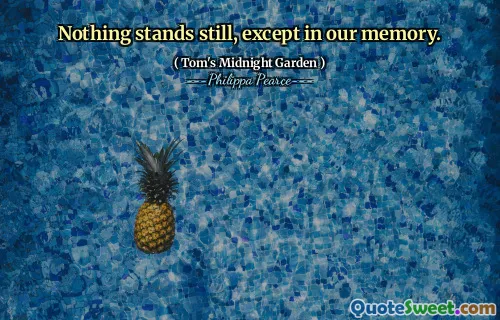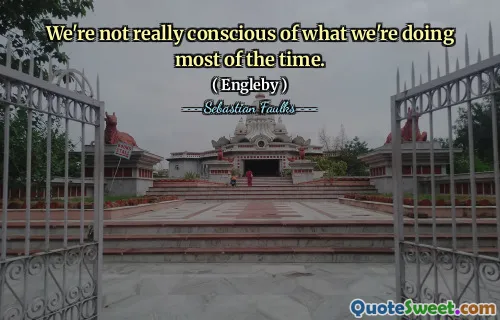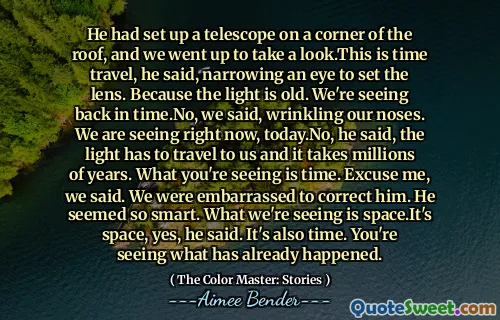
The memory of the past did not redeem the future, as he insisted on believing.
This quote touches on the profound relationship between memory and hope, and how our perception of the past influences our vision for the future. It suggests that clinging to past memories or assuming that dwelling on previous experiences can automatically improve or redeem what's to come is a misconception. Often, individuals hold onto their history—be it successes, failures, traumas, or regrets—hoping that such recollections will somehow serve as a foundation or justification for future endeavors. However, this perspective overlooks the fact that the future is inherently uncertain and shaped by present actions and perceptions. Relying solely on the past can lead to stagnation, because it prevents us from embracing change or innovating. It is vital to recognize that progress often requires letting go of past attachments, biases, or pain, and focusing on creating new narratives that serve our growth. The phrase highlights the danger of misguided beliefs, reminding us that redemption or improvement for the future requires active effort in the present moment rather than passive reliance on memories. Ultimately, it prompts us to question whether our hopes for the future are founded on a realistic assessment of our past or based on romanticized perceptions that may hinder our development. Living in the present and building forward-looking visions is arguably more effective than romanticizing or being trapped by the past.
---Gabriel Garcia Marquez---











